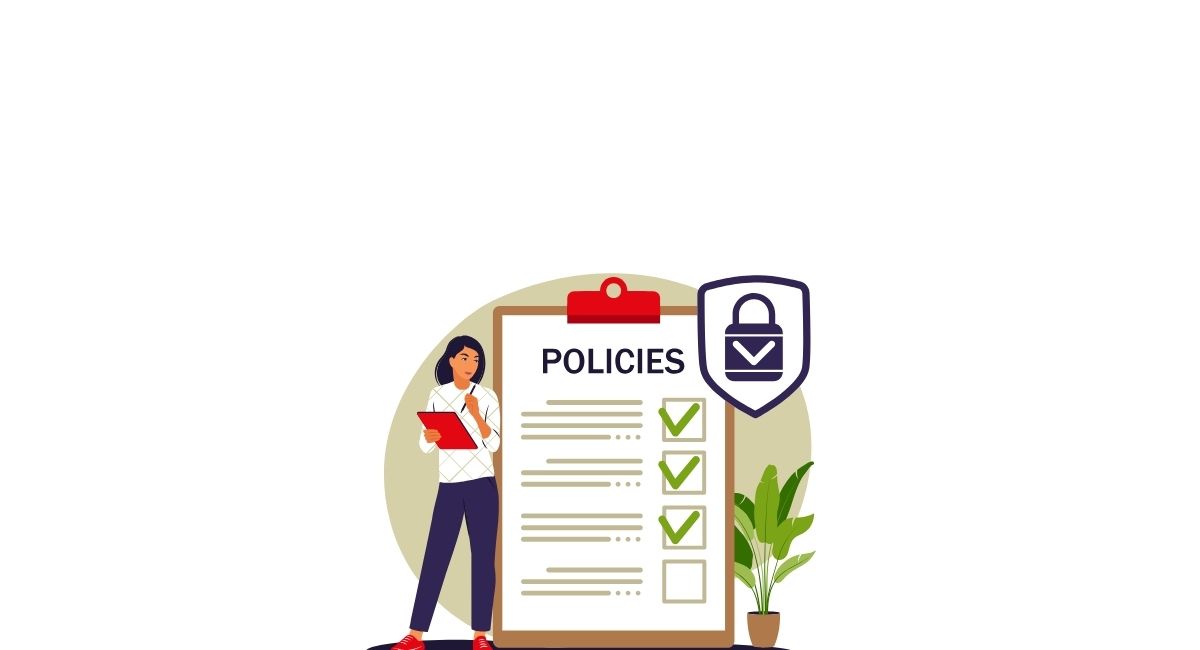How does Affiliate tracking software prevent affiliate fraud: Affiliate marketing has become an integral tool for the success of businesses in the domain of digital marketing strategies. As companies expand their reach, sales and awareness through affiliate marketing have produced a genuine ROI for them. However, with the rise of affiliate marketing, there is also a surge in fraud in this industry.
All of these frauds can tarnish the name of the industry and also incur losses at a major level. So to stop this mayhem of fraud, you can use affiliate tracking software, which will help you combat affiliate-related fraud.
![]()
Understanding Affiliate Fraud
Affiliate fraud means when an affiliate practices an unethical method to show fake results and earn a commission. Such activities can be done in many forms, such as click fraud, cookie stuffing, and lead fraud. Let’s know about them in a little detail:
Cookie Stuffing: This is done in a way when an affiliate forces cookies on a user’s browser without their knowledge, as this allows the affiliate to claim commission unethically.
Click Fraud: Affiliates can fake clicks to earn commissions by manual method or automated bot. This is extremely unethical, which can create losses for them.
Lead Fraud: When an affiliate submits false or misleading information, which leads to generating leads, this results in wasted resources for affiliates.
This affiliate fraud can lead to major losses, which can make people lose their trust and interest in affiliate marketing due to these practices.
The Role of Tracking Software
![]()
Tracking software plays an important role in affiliate fraud management. They monitor and analyze all the functions that can identify all these suspicious activities and stop these frauds. Let’s know about some features of tracking software:
Real-Time Monitoring
Tracking software provides real-time reports that can alert you to any unusual or suspicious behaviour that can be detected immediately. For instance, if you witness a sudden spike in clicks in a very short period from a single affiliate, it needs to be checked and observed.
Advanced Analytics
Advanced analytics help you analyze big data and draw patterns, which can help you identify fraud. These patterns are drawn from metrics like click-through rates, conversion rates, and traffic sources.
IP Address Tracking
You can track the IP address of clicks and conversions, which can help you identify multiple clicks or conversions that are generated from the same IP address. This was the method by which many click frauds happened and also made them easier to catch.
Geolocation Tracking
Geolocation tracking helps you identify if your affiliate is getting conversions from a targeted region only. Otherwise, if an affiliate produces leads from an untargeted region, this feature can identify and tell you about this fraud.
Click and Conversion Tracking
Tracking clicks and conversions can help you verify the legitimate tracking affiliate. Tracking software reports information about every affiliate, which provides clear information about their performance and helps you identify every anomaly in the reports.
Automated Alerts
You can get alerts when any anomalies happen, so you don’t need to analyze all the reports yourself. These alerts are set on the extreme matrices, which can be observed only if you get anomalies.
Hypothetical Case Study: Effective Use of Tracking Software
To understand fraud in affiliate marketing, let’s take a hypothetical situation where a company is suffering from affiliate fraud and how Affiliate tracking software prevents affiliate fraud.
Background: TechGadgets is an online retailer that sells electronic gadgets. They run an affiliate marketing program to produce leads and offer commissions to affiliates for every sale.
Challenges: They have witnessed a rise of cold leads that are highly uncovertebral and undetectable in their history.
Solution: Techgadgets implemented our integral affiliate software known as Trakaff, which can help you generate real-time reports and set an alert when an anomaly happens.
Best Practices for Using Tracking Software to Prevent Affiliate Fraud

While tracking software is an extremely important tool, it can be essential for fraud related to affiliate marketing. As for you, preventing affiliate fraud depends on proper implementation and usage. So let’s understand some practices for affiliate fraud:
Set Clear Policies: You need to set clear policies for affiliate programs, which means creating a borderline for behaviours and consequences for activities.
Regular Audits: You need to conduct audits on affiliate activities using tracking software to identify how they are working. Reviews and comments help you identify the loopholes from which fraud can occur.
Use Multi-Layered Security: You need to set multi-layered background security measures to include IP address tracking and geolocation tracking. As such, combine security measures to enhance the detection of fraudulent activities.
Educate Affiliates: You need to teach your affiliates about common fraud and how they can avoid it with webinars and resources. Such information can help them understand ethical practices.
Stay Updated: You need to keep your tracking software updated with the latest software and have security patches. As fraudsters are continuously evolving, we need to be prepared to combat them.
Collaborate with networks: If you work with affiliate networks, they have additional tools and resources to combat fraud and battle with others.
Conclusion
Affiliate fraud has been a significant threat to the affiliate industry; however, with the right tracking software, you can protect your campaign and have correct conversions. Real-time monitoring, IP address tracking, geolocation tracking, and advanced analytics are features to protect yourself from fraud. To implement best practices, you need to have clear policies, collaborate with your networks, audit regularly, and stay updated to combat fraud.
Tracking software can help you prevent affiliate fraud and also enhance the efficacy and effectiveness of affiliate marketing campaigns. As technology continues to evolve, it is not just your fraudsters who are learning and improving their methods, so you need to evolve and update your tracking software to combat them.
For more related blogs, visit: our blog page.